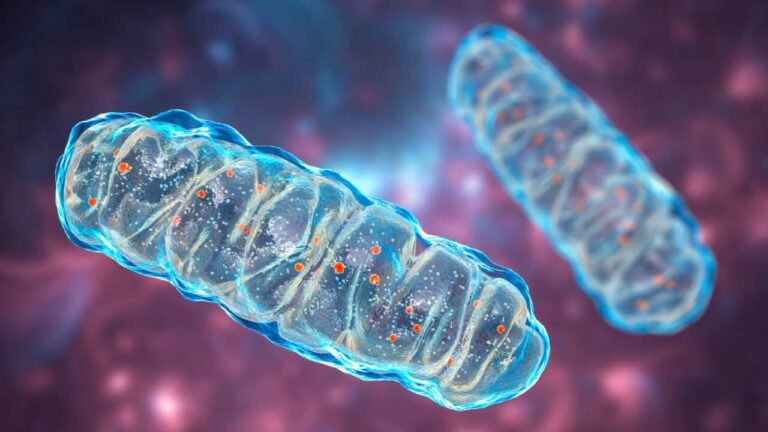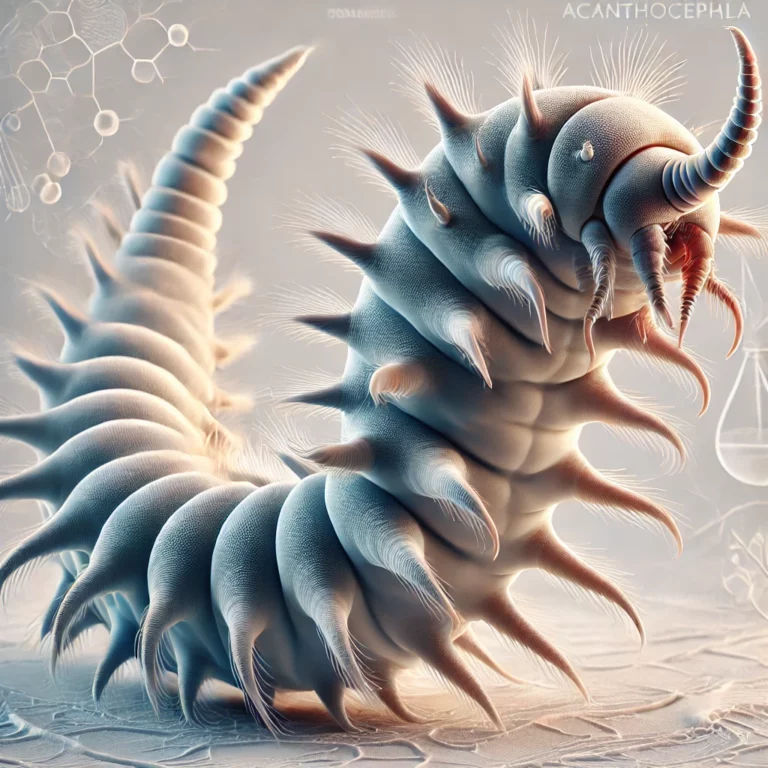Deep-Dive into the World of Algae: Nature’s Multifaceted Organisms

Introduction Algae, plural for “alga”, is a diverse range of photosynthetic organisms that inhabit a multitude of environments, from the sea depths to freshwater bodies, even dwelling in soil, rocks, and ice. Although often considered primitive plants, algae lack the…






